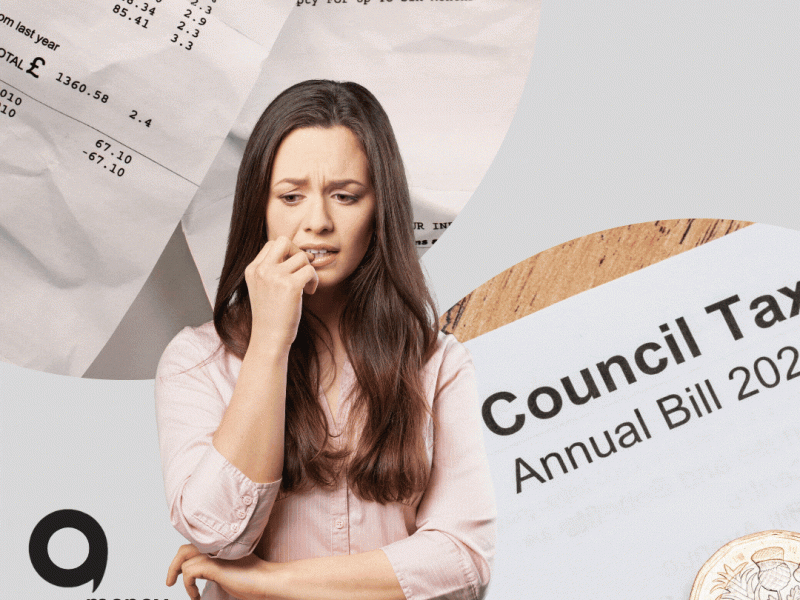
Although the landlord owns the property you live in, this does not grant him unlimited access without some form of agreement in advance of visiting your home. In most circumstances, landlords are required to give reasonable notice before any property visits.
As you are a private tenant, you should be given 48-hours notice, although there are some unavoidable exceptions. Your landlord or letting agent will need immediate access to your home in some emergency situations.
These circumstances are usually rare, and only happen when safety is at stake, such as fire; a smell of gas; flooding in the property; structural damage requiring immediate attention; or suspicion of a violent or criminal incident.
Missing rent repayments, or being in arrears does not grant your landlord the automatic right of immediate access to your property.
Refusing Access
You can refuse your landlord access to the property if the time they want to come round is unsuitable. However, if they are coming round to carry out repairs it might be best to let them in to complete the required work.
Your landlord can apply to the First-tier Tribunal Housing and Property Chamber if you cannot agree on a suitable time and deny access to them. The tribunal will decide whether to assist the landlord in arranging a suitable time for access to the property.
What can I do about this?
It would be a good idea to discuss all of your concerns with your landlord if it is safe to do so, highlighting that you feel uncomfortable with their surprise visits.
If you are in in a situation where you feel that the landlord is harassing you, for example if they are consistently visiting late at night, you can report this to the police on 101, or on 999 in emergency situations.
Harassment can take many forms, and it is illegal for a landlord to harass based on certain protected characteristics, including disability; sex; race; sexual orientation; religion or belief, gender reassignment; or pregnancy / maternity rights.
What about the arrears?
In relation to the arrears, it would be worth addressing this with your landlord as soon as possible. You may be able to come to an arrangement for payment of the arrears over a longer period of time.
Your landlord can begin eviction procedures if you are in arrears, but this must be done through the appropriate channels, and they cannot just throw you out of the property.
Eviction Process
An eviction order must be granted by the First-tier Tribunal for Scotland for an eviction to be legal. It is a crime for your landlord to attempt to forcefully remove you from the property, or change the locks without obtaining this, and you can also contact the police in these situations.
Advice Direct Scotland provide free, practical, and impartial advice and information on a range of issues relevant to your situation, including housing and debt. Our specialist advisers can inform you of your rights in relation to your rent arrears, and work with you to assess your financial situation, help you get debt levels back under control, and look at potential solutions, both formal and informal.
For more information on the full range of services available, visit www.advicedirect.scot, or call 0808 800 9060 (Monday to Friday, 9am to 5pm). Advice is available to everyone in Scotland, at no cost, regardless of personal circumstance.



